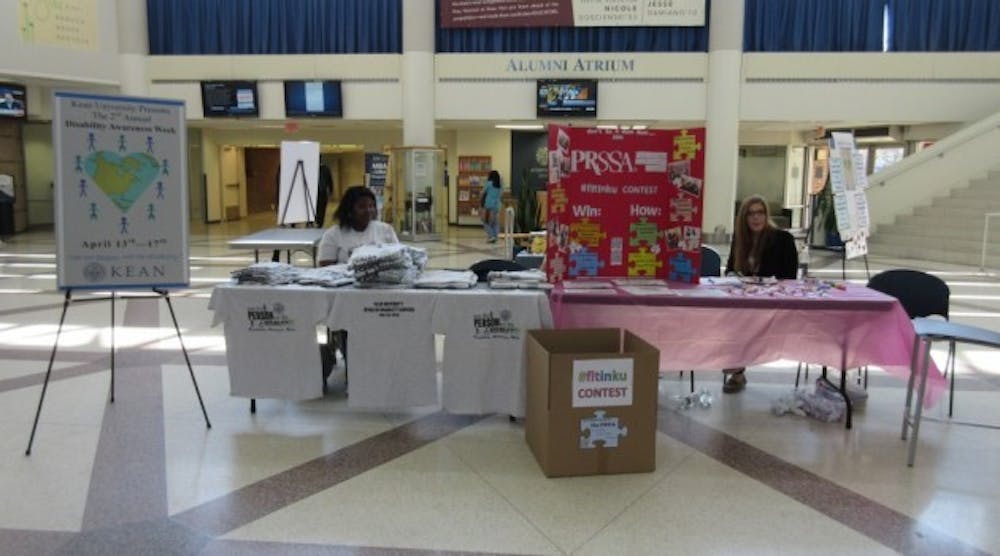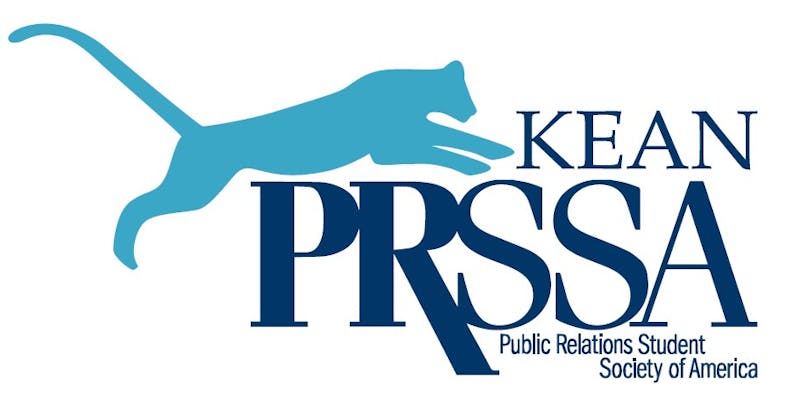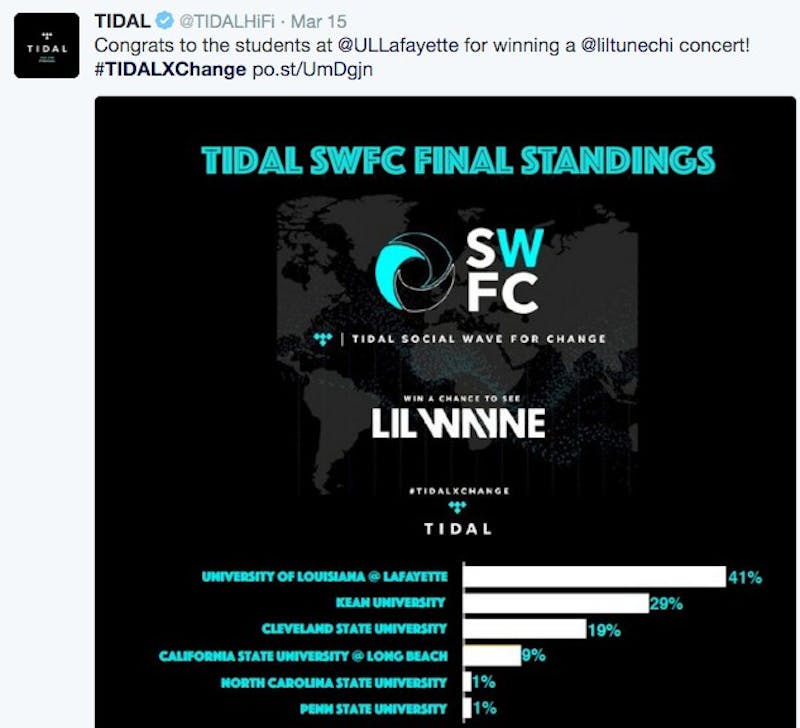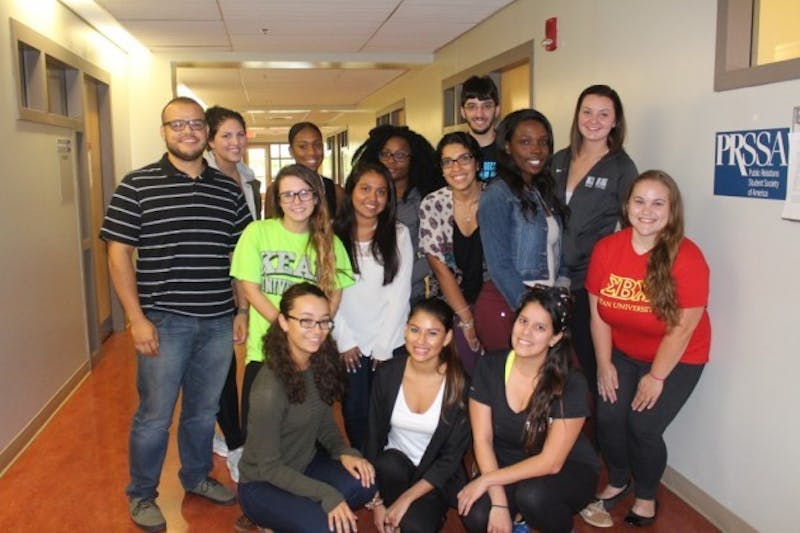The Office of Disability Service and PRSSA raises awareness for Disability Awareness
Aliyah Price-Perry l The Cougar's Byte
Society is simplified by generalizations. It is easier to create rules and policies that are conducive to everyone based on similarities people share. Those who do not share these similarities, though, are labeled minorities. Frequently, minorities suffer because society has failed to consider their differences. The disabled community constitutes as a minority, and sadly, it is one of the most impoverished and marginalized demographics.
Most people know very little about disabilities.Last year, Kean University began hosting Disability Awareness Week in recognition of those within the community. This year, the university succeeded that celebration with the second annual Disability Awareness Week. From Monday, April 13 to Friday, April 17, various events took place for the cause, such as the use of the hashtag “fitinku”, handing out shirts in support of the week, donating, or even simply having conversations about disabilities. The event was hosted by Disability Services and Public Relations Student Society of America (PRSSA) as part of a campaign to raise awareness for the disabled community. Catherine Baldino, senior communication major and PRSSA member, was excited by the prospect of collaborating with Disability Services for the week. She states, “When they told us we were being paired with them I thought it was a perfect way to spread awareness for both our organizations.”
Several of the events associated with Disability Awareness Week focused on Autism Spectrum Disorder (ASD). Yomaria Gonzalez, senior psychology major and residential assistant, stated, “Autism is not really a topic that is spoken about often and I feel that as a community we should change that and become more aware about it.” Autism is the fastest growing developmental disability. Nationally, more than 3.5 million Americans live with ASD and globally, about one percent of the world population has ASD. Autism is a spectrum condition characterized by a certain set of behaviors that affect individuals differently and to varying degrees. Some of those behaviors include poor motor skills, communication challenges, delayed language learning, and sensory sensitivities. Many individuals diagnosed with ASD also have difficulty making eye contact and social connections. They traditionally have narrow, intense interests and a tendency to engage in repetitive behaviors. While these behaviors may be indicative of autism, they are not ubiquitous. No two cases of autism are the same; each diagnosis means something different to each person and family affected by it.
Some disabilities demonstrate a strain on marriages, familiar relationships, careers, finances, and responsibilities. However, loved ones can lessen this strain by ensuring friends and family understand the challenges that may accompany a disability. Many college students are unfamiliar with ways they can help their friends and family with a disability, and Disability Awareness Week was one effort to change that.
Samantha Bent, senior speech language pathology major and residential assistant, states, “While most people have "heard" of autism, not many of them know exactly what it is. I want for them to really understand—to the best of their ability—what people with autism go through on a daily basis. Empathy is key.”
At Kean University, Disability Services is one resource devoted to diminishing the challenges presented by disabilities. One important responsibility they have is providing support for students with documented disabilities, both temporary and permanent. Those disabilities can range from physical, learning, emotional and/or psychological. One significant reason individuals in the disabled community experience hardships is because of inaccessibility. Disability itself provides expected challenges but life becomes excessively challenging when society is absentminded about their needs. Kean University provides accessible resources in numerous capacities, including handicapped accessible doors, parking, residence hall accommodations, academic assistance, and adaptive technology.
With regard to disabilities, it is important to look beyond labels, but in the same token be considerate of differences. Debra Norek, senior public relations major, explains that students do not have to be experts to help those with disabilites. Norek states, "…as crazy as it sounds, being a friend. A lot of time people overlook them or don’t think they need friends. But one hello can turn into a lifelong friendship."
Contemporarily, there are innumerable implications attached to capabilities. But it's essential to remember that the wholeness of the human experience is represented in a spectrum of colors, abilities, beliefs, preferences, etc. The reality is that anybody can join the ranks of the disabled anytime. While substantially different, their life would be equally valuable.
For additional information, visithttp://www.kean.edu/offices/disability-services.






